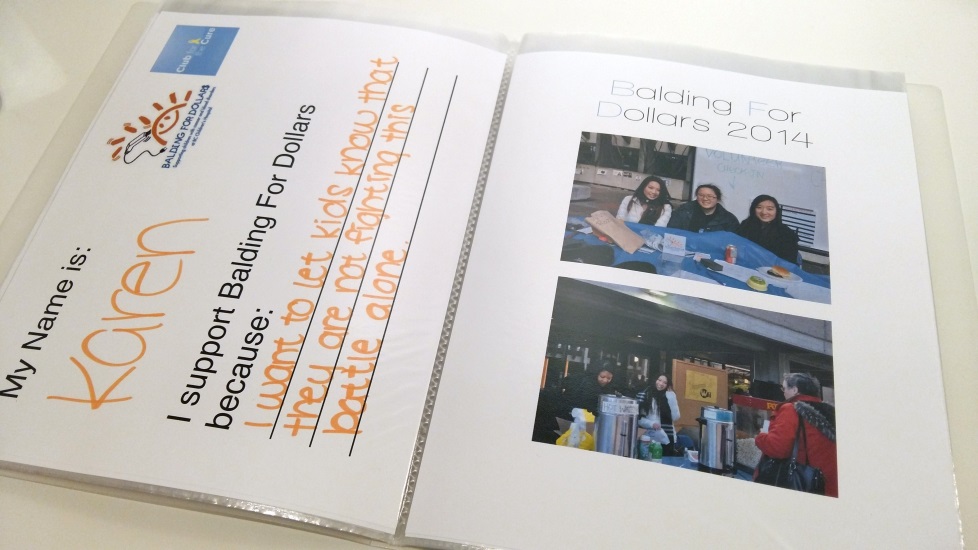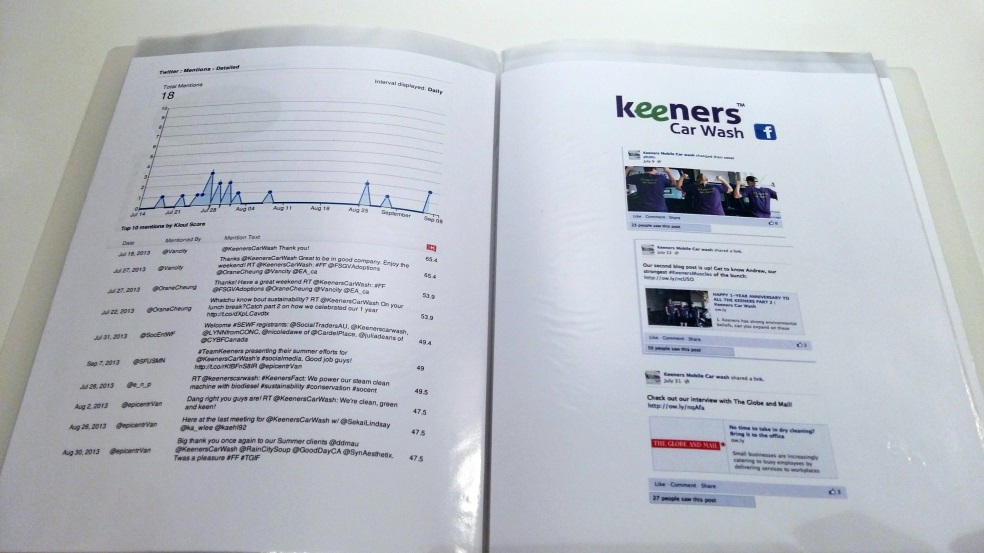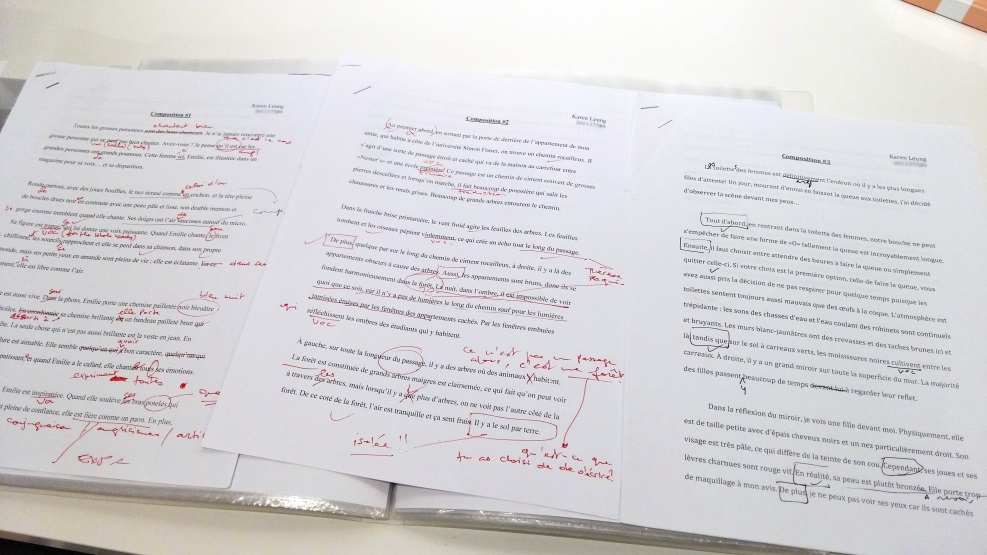
Communication students are generally pretty great at writing. But your resume and cover letter do not do your skills complete justice. And when an interview drags on with just you talking about your accomplishments, do you think your interviewer will remember every word you say? Probably not. Instead of simply telling the hiring manager what you can do, show them. Your portfolio can provide greater depth to your abilities, and the visuals can make a lasting impression. Your portfolio can not only help shape you as a candidate for a particular job, but it can showcase who you really are.
What to Put in Your Portfolio:
You don’t have to be a designer to have a portfolio. You can and should include anything that demonstrates who you are as well as your skills and capabilities in relation to the position you are applying for.

Are you a part of any clubs or extracurricular activities on or off-campus? What is your role in the organization? What do/did you do in this role? How does your role relate to the position you are applying for? How have you contributed to the organization/community? What have you learned? To show this, you can include pictures of you participating in the group and a write-up about the skills, contributions and development you achieved in this role.
2. Events
Have you taken part in any event planning? Discuss the role you played even if you weren’t the overall coordinator because teamwork and the many small tasks are important components of event planning too. Include pictures of the event, or a graphic indicating the number of attendees or funds raised to showcase its success.

Do you have any experience in managing social media for your club, your part-time job or volunteer position? Show a campaign you have done and describe your strategy and any successes. You can take screenshots of posts you crafted well or tweets that attracted massive likes or shares. Include any analytics reports to showcase your success with social media and familiarity with reporting software.

Whether it is graphic or web design, make sure you showcase any of your design capabilities to your interviewer! A picture is worth a thousand words. Telling your interviewer that you know how to use design programs vs. showing what you can do leaves them with a very different impression of your skill level.
Don’t just show the final design itself. State the project objective or problem you had to solve you’re your design. Include your drafts to show your progress, creativity and design process, so an interviewer can see how your project evolved in terms of style and complexity.

You can certainly include school projects to showcase your writing skills, knowledge and research abilities in a particular subject/field. Essays or other written assignments (especially ones with high marks) can serve as samples of your writing. You could also choose to demonstrate your ability to incorporate feedback by including both a draft and a final copy of an essay. As essays can sometimes be quite long, you could also choose shorter selections from an essay, such as an introduction, for your interviewer to be able to read quickly.
6. Communications Work Samples
Of course, if you have done Communications work already, and have key pieces, such as blog posts, newsletter articles, press releases, public service announcements, be sure to include these first. Communication employers are always impressed to see students have proven abilities in these areas.
Don’t include EVERYTHING in your portfolio. Your interviewer may not have time to view your entire portfolio. Therefore, pick and choose pieces that you think best represent you and the skills you have that are applicable to the position you are applying for.
Final tip: At the beginning of the interview, let your interviewer know that you have a portfolio and that you would like to show them during your interview. That way they will be able to allot some time to do so. You don’t want to miss the chance to be able to show them what you can do.
Beyond the Blog
-
Visit SFU Career Services website to discover the great services they offer.
-
Read blogs from other Communication Co-op students.















